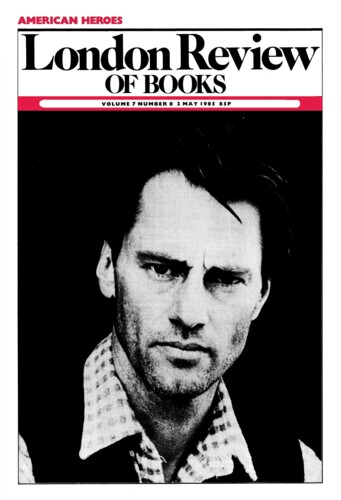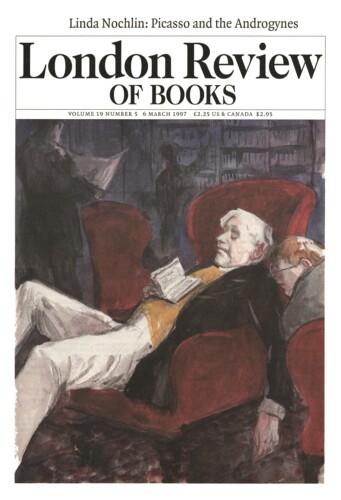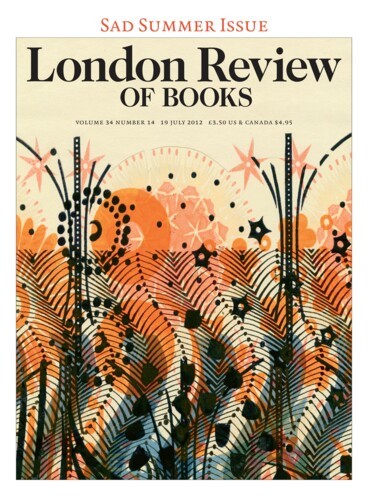Poem: ‘Curriculum Vitae’
Peter Robb, 2 May 1985
[Details ofpresentsituation]
I’ve reached the age, or shall do very soon,When Conrad trimly stepped from deck to dockAnd Proust withdrew into a cork-lined room,Lord Byron failed in love and died of shock;
When Shakespeare bought a nice place out of town,John Donne in orders hit the sermon scene,When Virgil jotted the Aeneid downAnd Rimbaud went and got himself gangrene:
The very...




